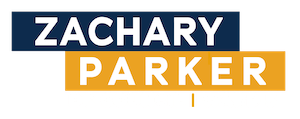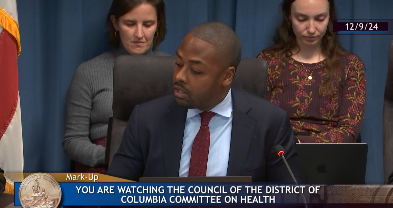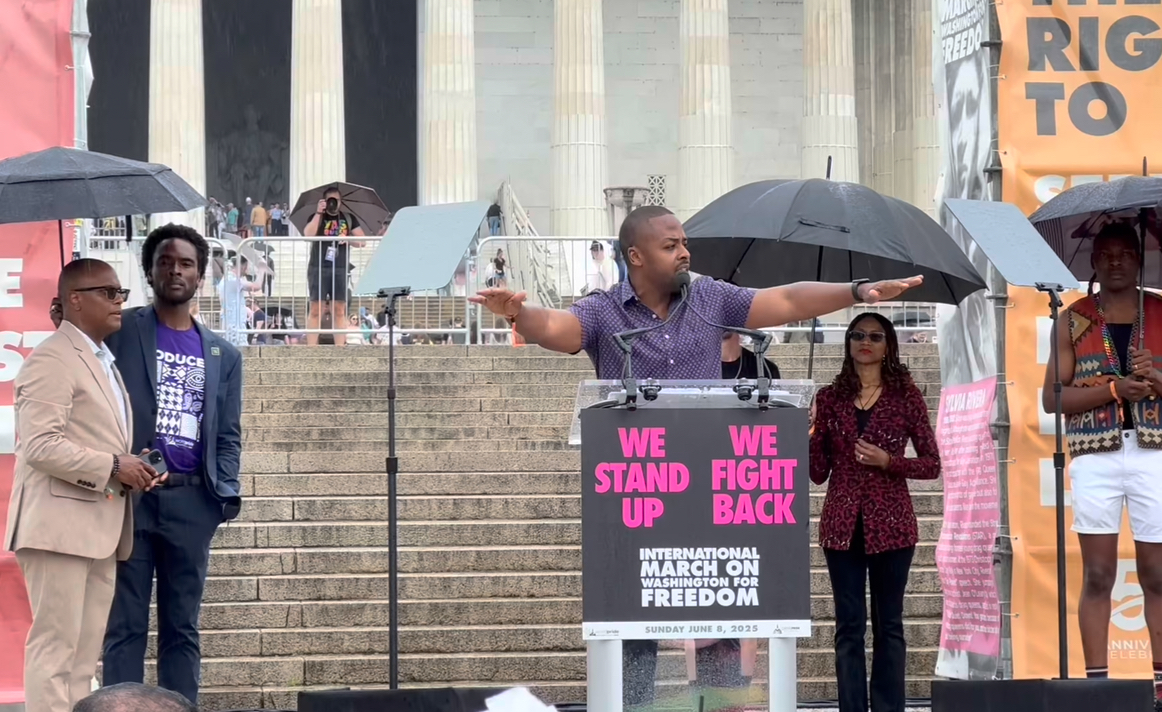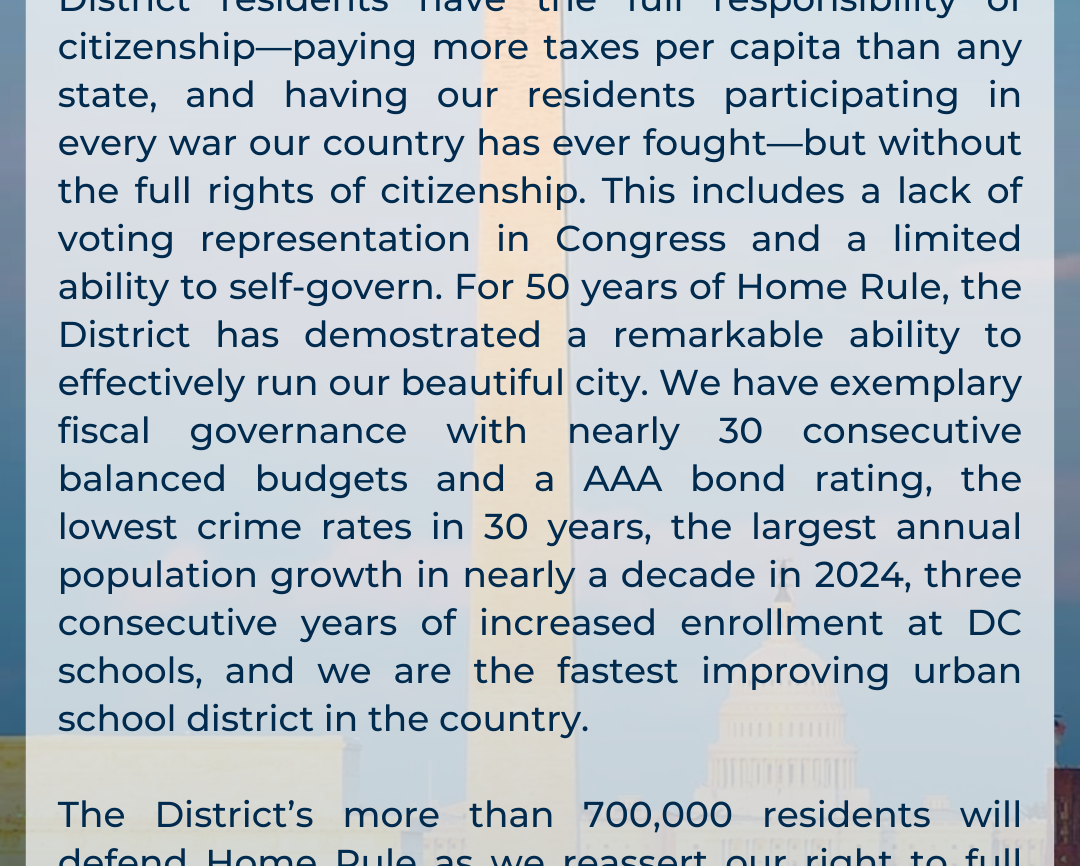This week, the Committee on Public Works and Operations held a hearing on my bill, the Opening Worker-Ownership: A New Economic Resilience Strategy (OWNERS) Amendment Act of 2024.
In a city of skyrocketing costs, it has become all too common to see community businesses close. And for many of these businesses, they aren’t hearing from the city about alternative ways they can stay afloat.
I introduced this legislation to direct the District’s Department of Licensing and Consumer Protection (DLCP) to survey our business ecosystem and work with relevant stakeholders and agencies to co-create a city-wide strategy for incentivizing and helping District business owners sell to their employees—a process called a worker cooperative conversion. This is an opportunity for DLCP, who is the only agency that every business in this city touches, to do outreach, learn why businesses are struggling, and then work with other stakeholders and agencies to explore how the District can support them more effectively.
Evidence suggests that cooperatives, where employees own a business together, can be more resilient than traditional business structures, even in economic downturns. And the District has a rich history of cooperative economics. Mayor Marion Barry made cooperative development a key feature of his economic development strategy, including a Commission on Cooperative Economic Development. In February 1980, he said:
In Washington, as in every other major urban center in America, we have entire sections of our city which have been abandoned and neglected by the mainstream of economic activity… It is time for the citizens of these areas themselves to become owners and providers of the basic services needed for daily life. The cooperative movement is just what is needed to provide this opportunity… We shall encourage consumer groups to establish and operate consumer cooperatives that will enable consumers to provide themselves marketplace alternatives and to provide a competitive spur to profit-oriented enterprises.
Cooperatives and other forms of economic democracy have been key tactics of Black economic liberation and survival in the District and beyond. This legislation would set us on a trajectory to reinvigorate Mayor Barry’s economic legacy by building wealth directly within the communities that need it most. While the District faces financial uncertainty, it is imperative that we innovate and advance proven methods.




